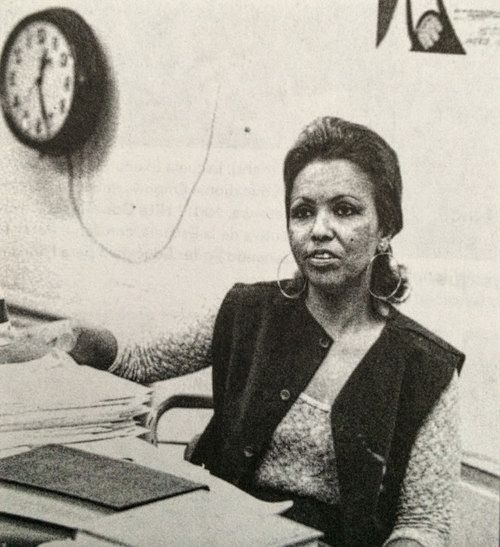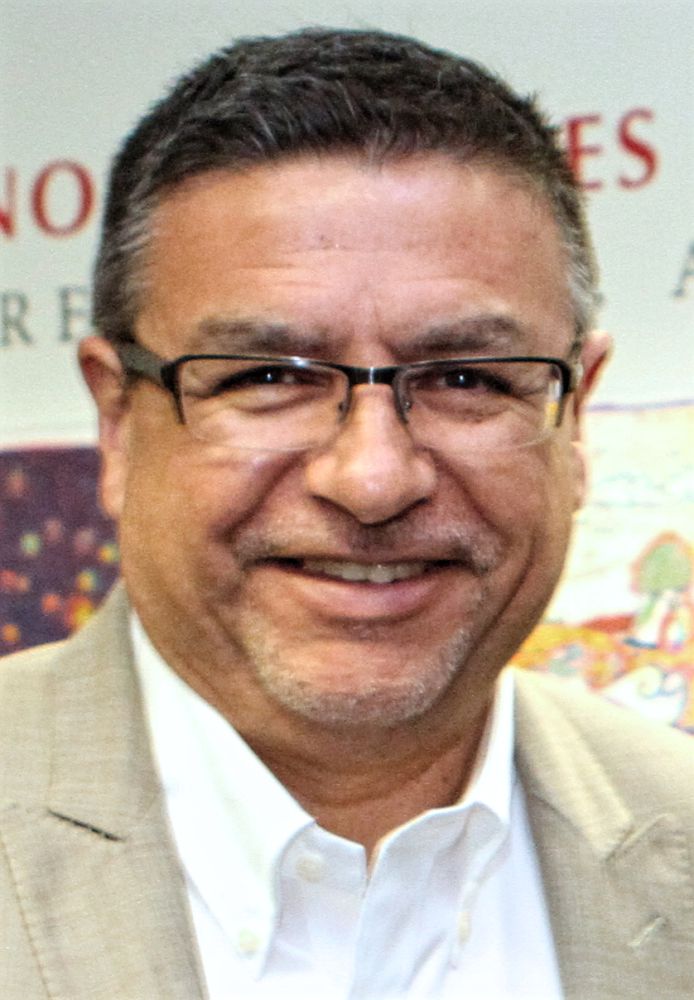
A Chicana Warrior

Alicia Escalante was an unlikely hero. A poor single mother of five, she became one of the leading activists of the Chicano Movement in the 1960s. She founded the East Los Angeles Welfare Rights Organization (ELAWRO) in 1967 and participated in some of the most important Civil Rights struggles of the decade.
And now Escalante has donated her papers to the California Ethnic and Multicultural Archives (CEMA) at the UCSB Library. She will be feted at an event, “Honoring a Chicana Activist Dignity Warrior: The Life and Work of Alicia Escalante,” April 14 at 1 p.m. in the library’s Pacific View Room. Escalante will speak, as will her son Alex Escalante and Rosie Bermudez, a Ph.D. candidate in the Department of Chicana and Chicano Studies.
“Alicia was astute to understand the importance of working across different organizations to create partnerships and create powerful alliances that it would take to move this big stone wheel,” said CEMA director Salvador Güereña, who noted Escalante collaborated with leaders from groups such as Brown Berets, Católicos por La Raza and Comisión Femenil Mexicana Nacional. “People like her knew how important it was to create that positive social change that would be so difficult to do without partnering with other organizations and other leaders.”
Born in El Paso, Texas, in 1933, Escalante settled in Los Angeles by the mid-1940s to be with her mother. Later, as a young woman she found herself trying to support five children alone and on welfare. What made her plight worse, she has said, was a punitive system that offered neither respect nor dignity to people of color.
Escalante decided to fight back. She threw herself into the Chicano Movement and, through her Chicana rights group, helped poor women with community informational meetings about their rights and direct advocacy. She was involved in multiple social and economic justice causes, including police brutality and the Vietnam War. She was jailed in 1968 for protesting the firing of teacher Sal Castro, who supported walkouts by students in East L.A.
Güereña said that although Escalante isn’t as well known as ’60s activists such as Dolores Huerta or Gloria Steinem, she earned a place in history for her unflagging activism over more than a dozen years.
“That’s an important part of our goal: to recognize her as an unsung hero and her achievements in founding the East Los Angeles Welfare Rights Organization,” Güereña said. “She was willing to put her life on the line. It just reminds us of what it takes to make a movement go forward and create positive social change. And it doesn’t come cheap.”
CEMA, a division of the UCSB Library’s Special Research Collections, is an archival program that advances scholarship in ethnic studies by preserving and making accessible primary research materials by and about the state’s major ethnic groups.



